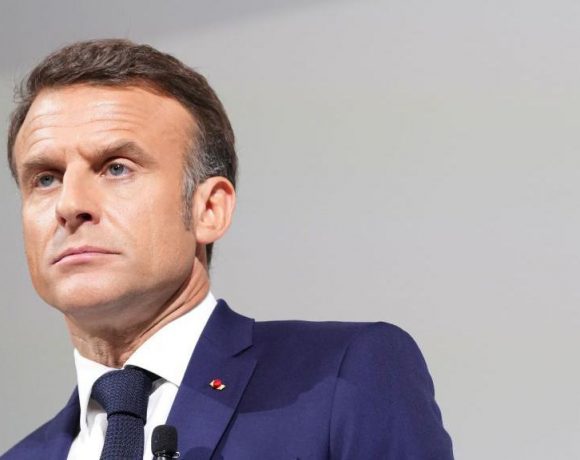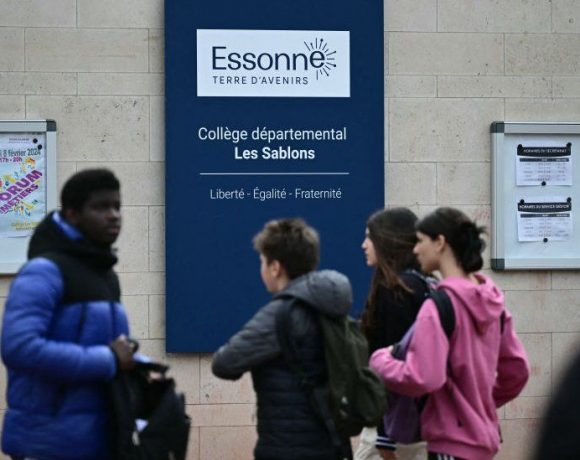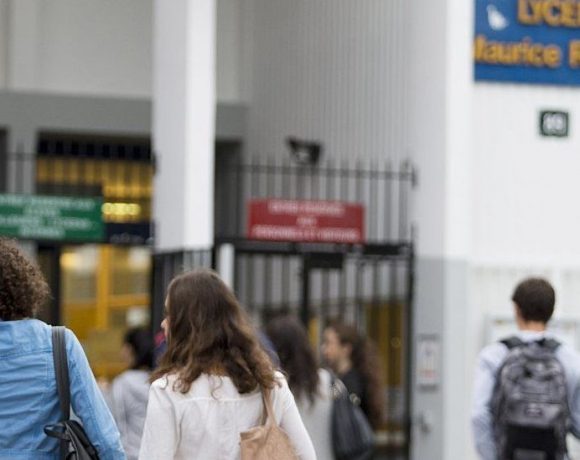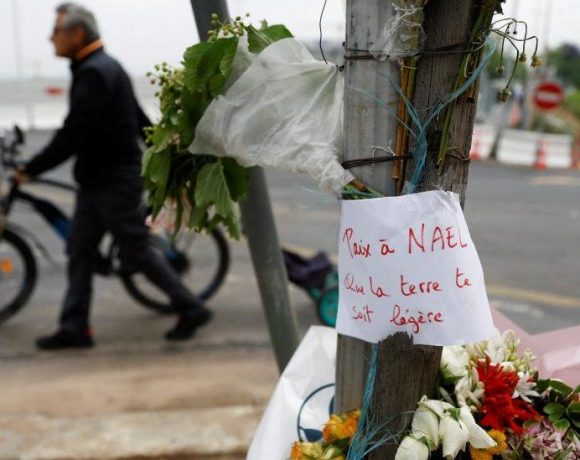
French President Emmanuel Macron has raised serious concerns about the growing threat of antisemitism in schools after a 12-year-old Jewish girl was raped in what police have classified as a hate crime. According to French media, the girl reported being in a park in Courbevoie, north-west of Paris, with a friend last Saturday when three boys, two aged 13 and one aged 12, approached her. She knew at least one of them. The boys dragged her to an isolated location, where they hurled antisemitic abuse at her and raped her.
The boys were arrested on Monday, and two of them were charged with gang rape, antisemitic insults and violence, and issuing death threats. One of the attackers reportedly threatened to kill the girl if she went to the police. In response to the attack, people took to the streets on Wednesday to protest against antisemitism, carrying banners with messages such as “It could have been your sister.”
Macron addressed the attack during a Council of Ministers meeting on Wednesday. He asked the Minister of Education, Nicole Belloubet, to ensure that schools hold discussions on racism and antisemitism in the coming days to prevent “hateful speech with serious consequences” from “infiltrating” classrooms. Belloubet later condemned the crime on social media, stating that “every part of this crime is revolting.” Prime Minister Gabriel Attal called the attack “absolutely despicable, unbearable, and unspeakable,” noting that antisemitism has been on the rise in France since October 7.
Chief Rabbi of France Haim Korsia expressed horror at the incident and called for the perpetrators to be firmly punished. He emphasized that no one can be excused from the current surge in antisemitism. A January 2024 report by the Council of Jewish Institutions in France (CRIF) highlighted a 284% increase in antisemitic acts between 2022 and 2023, with nearly 13% occurring in schools. The report noted a significant spike in such incidents following the October 7 Hamas attacks against communities in Israel.
The attack and the rise in antisemitism come amid a heated election campaign in France, after President Macron called a snap parliamentary election two weeks ago. Politicians from various parties quickly condemned the incident and vowed to combat antisemitism.
Picture Courtesy: Google/images are subject to copyright




